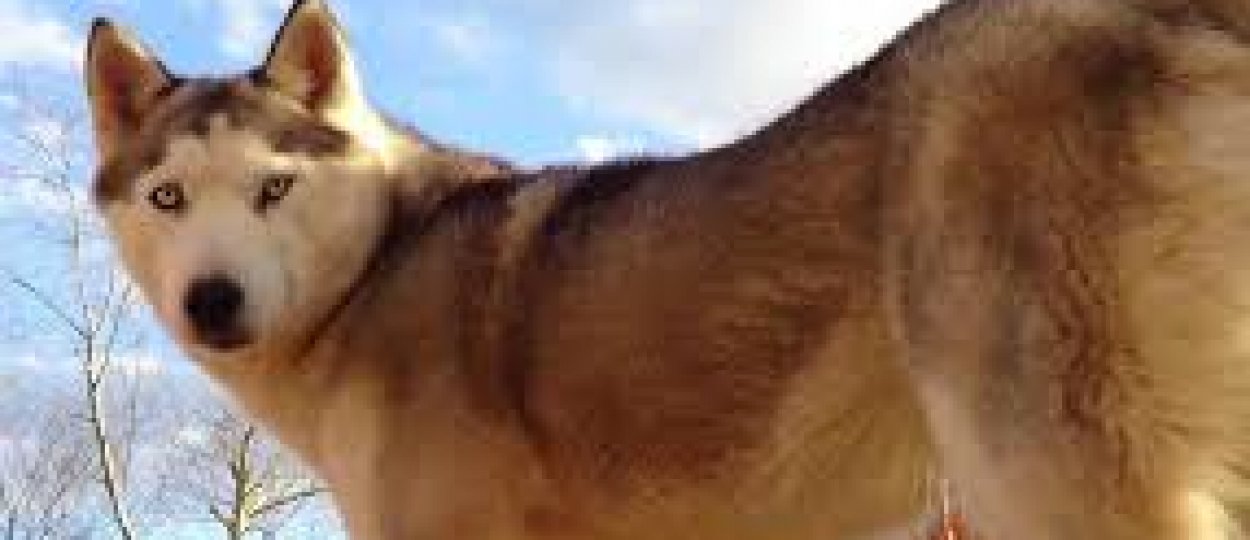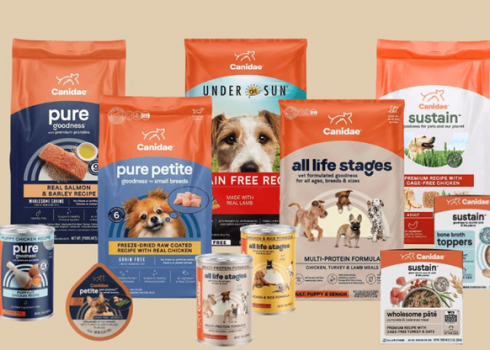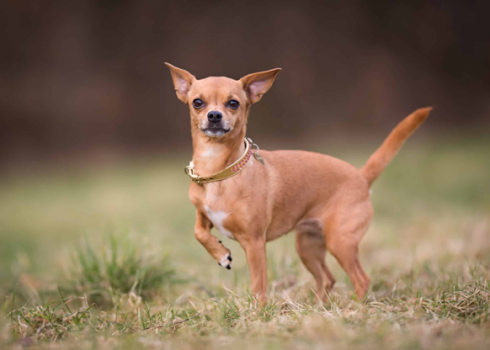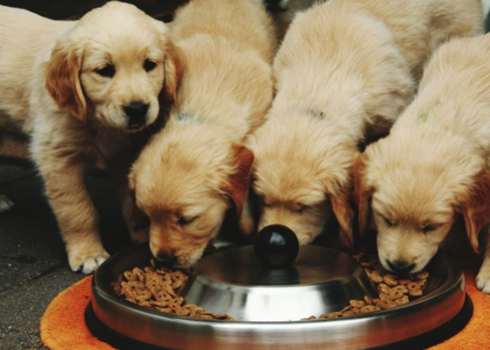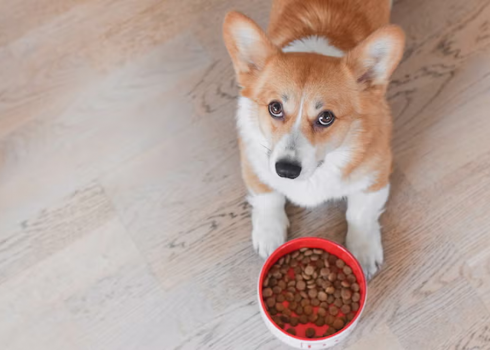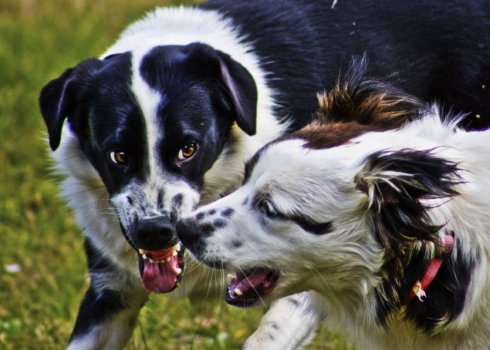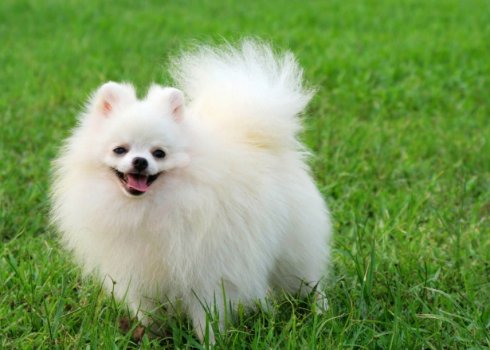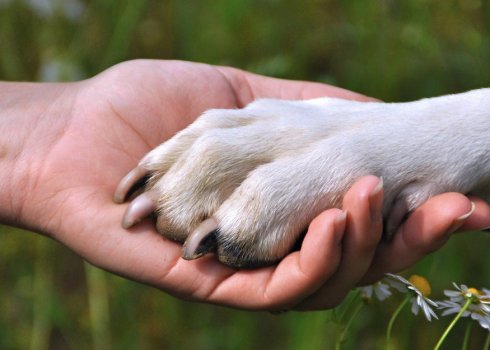As a proud owner of a Siberian Husky, I’ve often found myself diving deep into the world of canine nutrition.
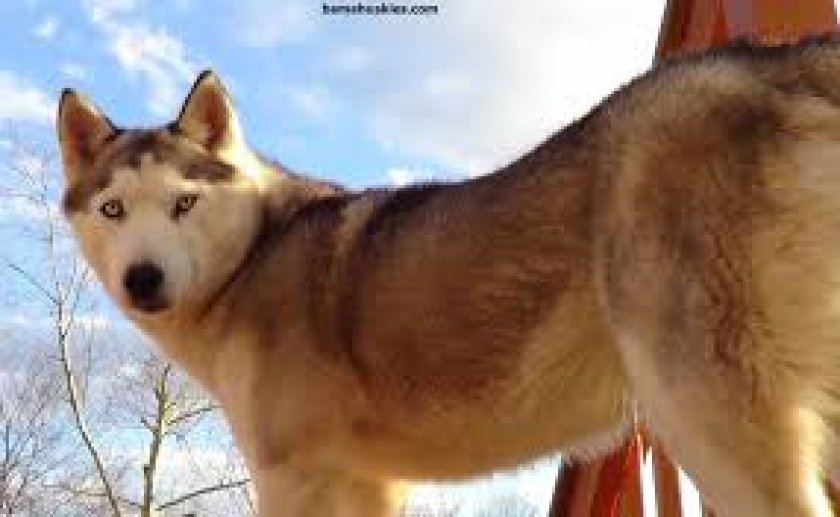
Huskies are not just stunning with their striking blue eyes and thick fur; they have unique dietary needs that must be met to keep them healthy and happy. In this article, I’ll share everything I’ve learned about the best dog food for Huskies, ensuring your furry friend gets the nutrition they deserve.
Understanding the Nutritional Needs of Huskies
Huskies are known for their high energy levels and active lifestyles. These dogs were originally bred for pulling sleds in harsh conditions, which means they require a diet rich in high-quality protein and healthy fats. Their nutritional needs differ significantly from those of other breeds, making it essential to choose the right food.
Key Nutritional Components
- High-Quality Protein: Huskies thrive on protein, which helps maintain their muscle mass. Look for dog foods that list a quality source of protein as the first ingredient.
- Healthy Fats: Fats are crucial for energy and healthy skin. Omega-3 and Omega-6 fatty acids are particularly beneficial for Huskies.
- Carbohydrates: While Huskies can efficiently utilize carbohydrates for energy, it's important that these come from whole food sources rather than fillers.
- Vitamins and Minerals: A well-balanced dog food will contain essential vitamins and minerals to support overall health.
Best Dog Food Brands for Huskies
After thorough research and personal experience, I’ve compiled a list of some of the best dog food brands for Huskies.
Each of these options provides the essential nutrients that my Husky, Max, needs to stay active and healthy.
1. Blue Buffalo Wilderness
Overview: Blue Buffalo Wilderness is known for its high-protein formulas. The first ingredient is real meat, which aligns perfectly with a Husky’s dietary needs.
Pros:
- Grain-free options available
- Rich in Omega fatty acids for skin and coat health
- Some dogs may experience digestive issues
2. Orijen Original Dry Dog Food
Overview: Orijen is a premium dog food brand that emphasizes a biologically appropriate diet. Their Original formula is made with fresh, regional ingredients.
Pros:
- High protein content (38%)
- Made with whole prey ingredients, including meat, organs, and cartilage
Cons:
- Higher price point than average dog food
3. Taste of the Wild High Prairie Canine Recipe
Overview: This grain-free formula is packed with lean protein from roasted bison and roasted venison, making it a great choice for active Huskies.
Pros:
- Contains probiotics for digestive health
- Antioxidants for immune support
- Some Huskies may prefer different protein sources
4. Wellness CORE Grain-Free Original
Overview: Wellness CORE offers a protein-rich recipe without grains. This formula is crafted for high-energy dogs like Huskies.
Pros:
- Rich in protein and healthy fats
- Includes probiotics and antioxidants
- May not suit dogs with sensitive stomachs
5. Merrick Grain-Free Texas Beef & Sweet Potato
Overview: Merrick is known for its high-quality ingredients and balanced nutrition. This grain-free formula features real Texas beef as the primary ingredient. Pros:
- High protein and healthy fat content
- Contains sweet potatoes for healthy carbohydrates
- Some dogs may not like the taste
Homemade Dog Food for Huskies
If you're inclined to prepare your dog’s food at home, it's crucial to ensure a balanced diet. I often cook for Max, combining protein sources like chicken or beef with vegetables and grains. Here’s a simple recipe I follow:
Homemade Chicken and Rice Recipe
Ingredients:
- 1 cup brown rice
- 1/2 cup carrots, diced
- 1/2 cup peas
- 1 cup chicken, cooked and shredded
- 1 tablespoon olive oil
- Cook the brown rice according to package instructions.
- In a separate pot, boil the chicken until cooked, then shred it.
- Mix the rice, chicken, carrots, and peas in a bowl, adding olive oil for healthy fats.
- Allow to cool before serving.
Transitioning to a New Dog Food
Switching your Husky to a new dog food should be done gradually. I’ve found that a sudden change can upset their stomach. Here’s how I typically transition Max:
- Days 1-2: Mix 25% new food with 75% old food.
- Days 3-4: Mix 50% new food with 50% old food.
- Days 5-6: Mix 75% new food with 25% old food.
- Day 7: Feed 100% new food.
Common Dietary Concerns for Huskies
Despite their robust nature, Huskies can face several dietary challenges. It’s important to be aware of these potential issues:
Allergies
Huskies can develop food allergies, often to grains or certain protein sources. If you notice itching, digestive issues, or ear infections, consult your vet for an appropriate diet change.
Obesity
Given their high energy levels, it’s essential to monitor your Husky's weight. Overfeeding or feeding low-quality food can lead to obesity, which poses significant health risks.
Picky Eaters
Some Huskies can be picky when it comes to food. If you find your dog turning their nose up at their meals, consider rotating flavors or brands to keep things interesting.
Conclusion: Finding the Right Food for Your Husky
Choosing the best dog food for Huskies involves understanding their unique dietary needs. Whether you opt for premium kibble or homemade meals, the key is to ensure a balanced diet rich in protein and healthy fats.
I’ve learned that each dog is different, so it might take some experimentation to find the right food for your furry friend. Always consult your vet if you're unsure about dietary choices or if your Husky has special health concerns.
For more detailed information about dog nutrition, I recommend visiting American Kennel Club for comprehensive guidance.


